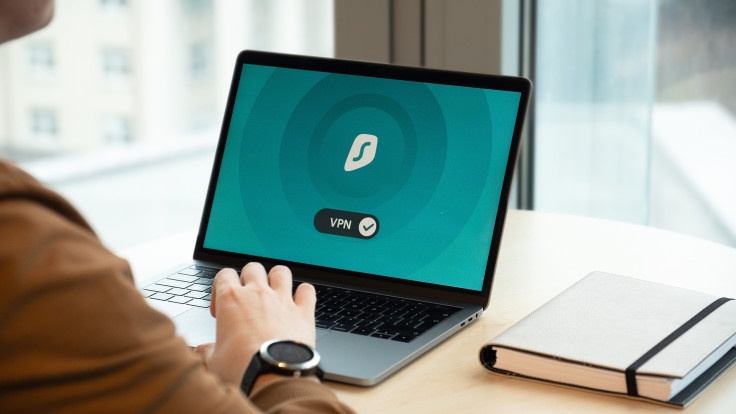Are VPNs Putting Your Bank Accounts at Risk? Alarms Raised as UK Accounts Mysteriously Emptied
UK households received a stern warning against using a popular VPN app after reports of vanishing bank accounts emerged

Cyber security experts issued a stern warning to UK households to delete a widely used VPN app, Modpro IP TV + VPN, as it reportedly spies on the user's screen and gains access to their bank accounts.
The experts from the cyber security firm Cleafy believed that at least 3,000 devices have been infected by the VPN app, which comes with the vicious Klopatra malware.
The dangerous malware was first discovered in March 2025. It had already undergone 40 iterations since the discovery, as cyber criminals continue to attack more victims.
How the Malware Works
'Once the main Klopatra payload is installed, the real threat manifests,' Cleafy stated in a warning for UK households as reported by YorkshireLive. 'The malware immediately requests a wide range of permissions, but one is crucial for its success: the Android Accessibility Services permission.'
The cyber security experts also explained that Accessibility Services are an important framework created to help users with disabilities. They let the app read the screen content in the user's device and perform actions on their behalf.
If infected by the malware, this feature can turn into a weapon against the user.
The origin of the malmare is reportedly from Turkey, but it aims to affect people all over Europe.
Can the UK Implement a Total VPN Ban?
The use of VPNs is currently legal in the UK, and sign-ups have reached record-breaking highs since the latest age verification checks became effective on 25 July.
Rising VPN downloads since age checks were introduced have sparked debate over whether UK lawmakers should step in to regulate the apps.
But according to the UK Science Secretary Peter Kyle, they have no plans to implement a total ban on VPN use during a previous interview with Sky News.
In the interview reported by The Guardian, Kyle acknowledged that VPN use in the country is on a steady rise, and users take advantage of VPNs to avoid violating the Online Safety Act.
While he claimed that most adults in the country are complying with the rules, he would still look 'very closely' at how they are being abused.
Is banning VPNs feasible?
'Some people are finding their way round [the legislation]. Very few children will be going actively out there searching for harmful content. Now, if we can take a step forward, which is 60, 70, 80, maybe even 90% forward when it comes to actually stopping harmful content getting into kids feeds, I'll bank it. That's a good day at work,' Kyle stated.
'But don't make any mistake about it. We've taken a big step forward when it comes to the experience children have online.'
Meanwhile, the online privacy advocacy organisation Open Rights Group (ORG) is worried that kids may figure out a way to violate the age verification.
'Younger children are unlikely to be using a VPN while teenagers may be able to find clever workarounds to any restrictions,' such as 'proxy sites, Tor, P2P sharing, borrowed account credentials, or simply accessing content on alternative platforms sites,' ORG's James Baker stated as per PCGames.
'Detecting or banning VPNs is not technically feasible without extreme levels of digital authoritarianism,' he added.
© Copyright IBTimes 2025. All rights reserved.





















